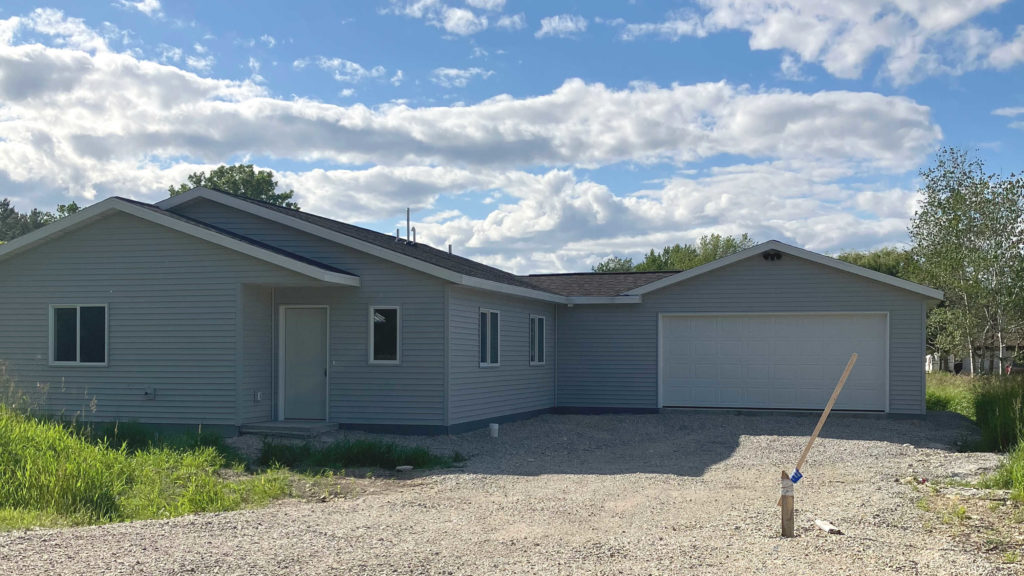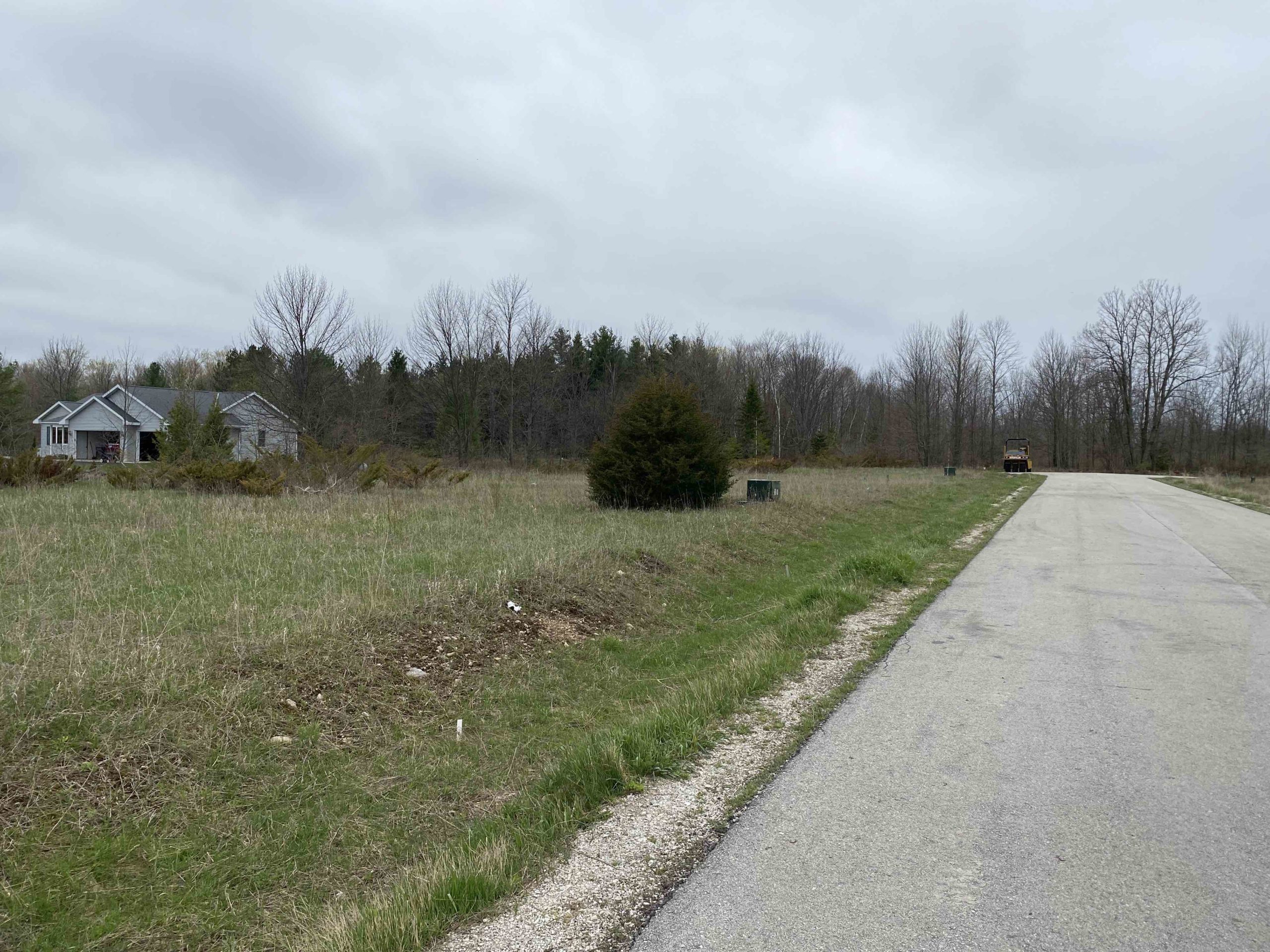The Door County Housing Partnership will close on two additional Sister Bay lots next month and plans to build three houses in Sister Bay over the next two years, the organization’s president said last week.
The Sister Bay properties are the final two among 10 lots the organization will have purchased from the Village of Sister Bay, Housing Partnership president Jim Honig said. All 10 lots are located off of State Highway 57 near the Piggly Wiggly grocery store and the Northern Door Children’s Center, Honig said.
The Housing Partnership is buying the 10 lots with $100,000 it received as part of a $3.5 million state grant awarded to various Door County child care and housing groups through United Way of Door County. The grant was announced in December 2021.
Honig said under its agreement with the state, the Housing Partnership is obligated to build three homes by June 2025. The organization hopes to accomplish that by building one home this summer and two more in the summer and fall of 2024, he said.
The village sold the lots to the Housing Partnership at a discounted price, effectively donating $400,000 in total to the Housing Partnership’s work, Honig said. The lots have all the required infrastructure already in place, he said, including sewer, water, electricity and gas.
The Housing Partnership now must raise money for the $100,000 subsidy it provides for each home to make the purchase price affordable. The organization uses a community land trust model to subsidize the purchase of affordable homes by working residents and guarantee that the homes stay affordable and remain in the hands of working residents throughout the life of the home, even after subsequent sales.
The organization already has built three homes and plans to build two more this year, all in Sturgeon Bay.
In Sister Bay, the Housing Partnership’s plan is to have homes built on all 10 lots by 2030, Honig said. He said the location of the lots is beneficial because the homes will be within walking distance of the Piggly Wiggly and child care center, as well as Door County Medical Center’s Sister Bay clinic and downtown Sister Bay.
The organization has a long waiting list of people interested in homes, Honig said.
“There’s no question that the need is out there,” he said.

Organization eyes increased staffing capacity, fundraising growth
The Housing Partnership should add staffing capacity within the next six weeks, either through hiring its first employee or by partnering with another organization to handle administrative workload, Honig said.
Increasing the Housing Partnership’s staffing capacity would allow board members to focus on fundraising, Honig said. Right now, he said, board members are having to spend a lot of time on administrative work.
The organization is seeking funding from private sources, businesses, and government funds, Honig said, including from the Wisconsin Housing and Economic Development Authority as well as other state and federal funds.
In the Housing Partnership’s work so far, Honig said, partnerships with local philanthropists and Habitat for Humanity have allowed the organization to build homes while only having to raise money for the subsidies, and not the construction costs. The organization’s goal, he said, is to develop enough capital to be able to fund construction directly. The Housing Partnership could then maintain that capital through receiving mortgage payments from homeowners.
Honig noted the growth of the community land trust model around Wisconsin, including a growing organization in Milwaukee and possible community land trusts being started in Eau Claire and in a community west of Milwaukee, as well as renewed interest in the model in La Crosse.
At a roundtable discussion in Sturgeon Bay last month with Gov. Tony Evers, Honig said, the governor was interested in the model.
“I think the governor has latched onto this model as a way that can address workforce housing in a very meaningful, practical (way) – a way that works,” he said.

